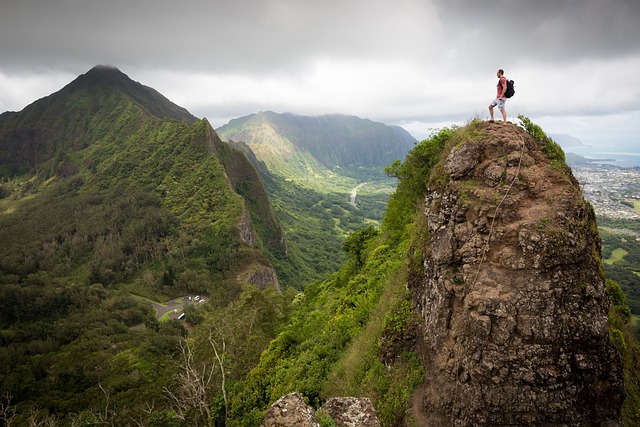Hiking long distances can be a great way to explore the outdoors and challenge yourself physically. Still, it’s essential to be prepared and to take the necessary precautions to stay safe and comfortable. Here are a few tips for hiking long distances:
- Plan: Before starting your hike, plan your route and make sure you have all the necessary gear and supplies. Research the trail and check for potential hazards or challenges, such as abrupt elevation changes or stream crossings. Make sure you know the distance and estimated hike time, and plan for enough time to complete it at a comfortable pace.
- Train beforehand: Hiking long distances requires a certain level of physical fitness. To prepare for your hike, start by incorporating regular exercise into your routine, such as hiking shorter distances or running. As you get closer to your walk, start increasing the length and intensity of your training hikes.
- Please wear appropriate footwear: It’s essential to have comfortable and supportive footwear when hiking long distances. Look for hiking boots or shoes that provide good traction and support for your feet. Make sure they’re broken in before your hike, so you don’t have blisters.
- Pack smart: Always carry enough water, food, and a first-aid kit. Pack light, but ensure you have enough supplies to last the hike. Consider bringing a map, compass, headlamp, and signaling device, such as a whistle, in an emergency.
- Take breaks: Hiking long distances can tax your body, so taking regular intervals to rest and hydrate is essential. Listen to your body and take a break when you need to.
- Stay aware of your surroundings: Pay attention to your surroundings, and be mindful of any potential hazards such as steep drop-offs, loose rock, or unstable ground. Be on the lookout for wildlife, and be prepared to take precautions if you encounter dangerous animals.
- Please stay on the trail: It may be tempting to take shortcuts or explore off-trail, but sticking to designated trails will help you avoid getting lost and minimize your environmental impact.
- Know your limits: Always be honest about your abilities, and don’t push yourself too hard. If you’re tired or unwell, you should turn back and save the hike for another day rather than risk injury or exhaustion.
Following these tips, you can make the most of your long-distance hike and have a safe and enjoyable experience. Always be prepared and take the necessary precautions to stay safe and comfortable on the trail.
